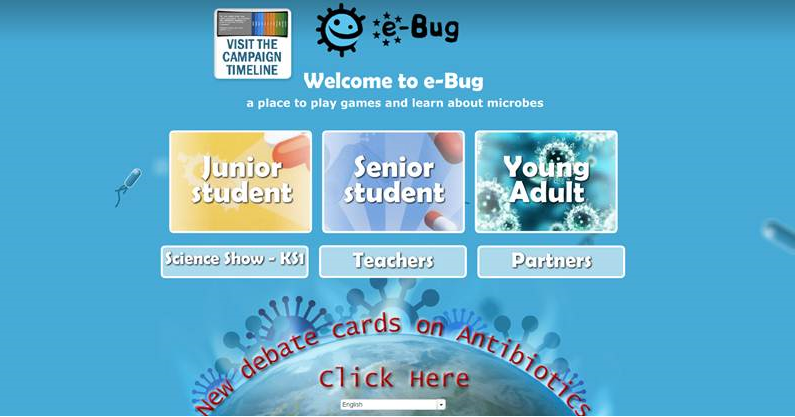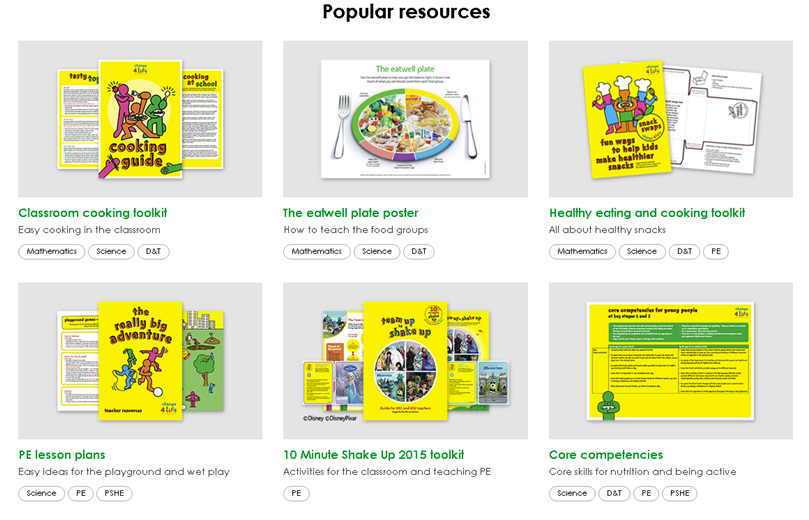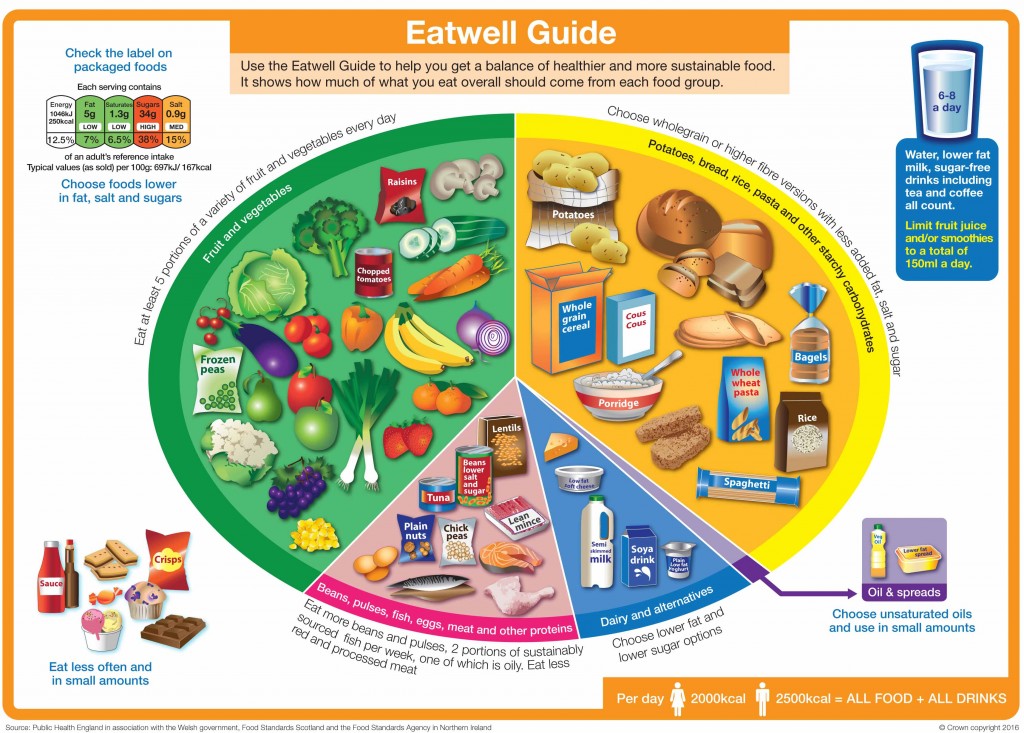Are you a teacher or a professional working in an education setting? If so, we have a variety of tools and resources available that can be used in training, in the classroom, as part of whole school approaches or simply in work towards improving the health and wellbeing of students.
We want teachers to get the most out of what we have on offer, so this blog contains links and information on some of the resources, tools and guidance available.

Learning about microbes
Our e-Bug resource offers free educational resources for classroom and home use and makes learning about micro-organisms and the spread, prevention and treatment of infection fun and accessible.
The online resource gives teachers detailed lesson plans, student worksheets, extension activities, animations and PowerPoint presentations. The content has been designed to complement the national curriculum and is easy to access for teacher and students alike. It’s also translated into 22 languages.
Increasing physical activity
Whether you’re a head teacher, work in a classroom or are part of the wider education system, you’ll know about the importance of physical activity to help children and young people engage better and improve their wellbeing.
We have produced a briefing which outlines what works in schools and colleges to increase physical activity, pointing at emerging evidence showing an association between being physically active and academic attainment and attention.

Change4Life School Zone
Visit the Change4Life School Zone to find curriculum-linked resources and inspiration to help you teach children about healthy eating and being active. The School Zone features lesson ideas, homework tasks and whole school activities for you to use with KS1 and KS2 pupils. You can subscribe to the Change4Life School Zone newsletter for the latest on new resources and campaigns.
Promoting children and young people’s emotional health and wellbeing
We offer guidance for head teachers and college principals on what will contribute towards helping protect and promote student emotional health and wellbeing. The guidance is based on evidence and practitioner feedback and signposts to Ofsted inspection criteria, practice examples and resources to support implementation and can be used to create actions which will help implement a whole school approach.

Food teaching in primary schools
Our framework on teaching about food in primary schools offers guidance on the knowledge and skills expected of those who teach the subject, as well as skills that should be developed over time. The National Curriculum for Design and Technology has implemented requirements and key competences for children and young people aged 5-16 years. The resource will help educators to make sure they are aware of these and how best to teach them as well as guidance on planning courses for trainee teachers, auditing current practice and running professional training.
Teachers and school cooks can also download copies of the new Eatwell Guide, which demonstrates what a healthy, balanced diet should look like.
Road injury prevention
Road collisions remain one of the main causes of premature death among children and young people aged 0-15, so engaging with ways to prevent accidents and make ‘school runs’ safer is highly important for schools.
For staff working in education settings, we have a briefing on preventing road injury and promoting safer active travel. Safer road design, improved driver education and training and teaching children to cope with traffic environments all feature.
